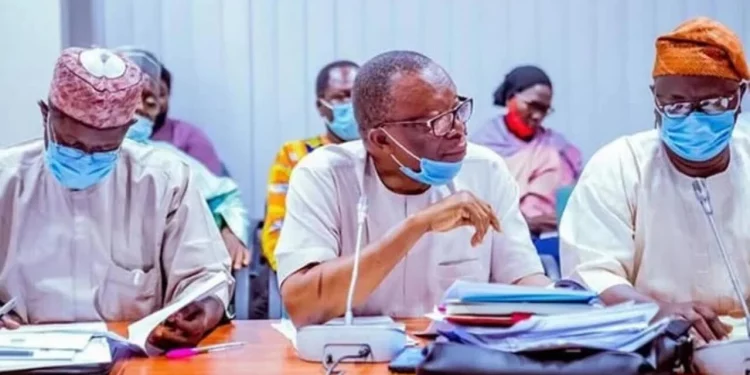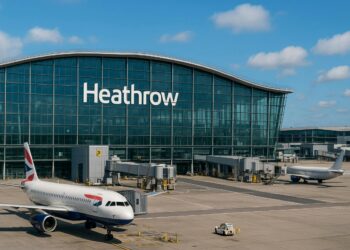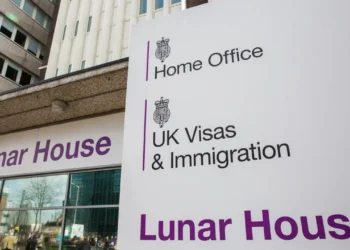ASUU STRIKE: Hopes of ending the ASUU strike has again faded as Tuesday’s meeting between the federal government and the leadership of the Academic Staff Union of Universities (ASUU) as many other ended late without reaching a resolution to the single issue the meeting was convened for.
Basic Facts
- The strike action called by the university lecturers is now set to continue as the recent between ASUU and federal government has ended in deadlock.
- ASUU has been on strike since February 14, 2022, after the failure of the federal government to honour previous agreements it reached with the union.
- Both parties have mate on several occasions to iron out their deference, but have not been able to reach a resolution.
- The lecturers recently extended the strike action for another one month, from the 1st to 31st of August 2022.
What We Know
The first meeting between the federal government representatives and the university lecturers since the recent extension of the strike action by ASUU took place on Tuesday, but ended with agreement.
The meeting with the striking lecturers was held at the National University Commission in Abuja with high hopes of resolving the impasse.
ASUU had met with the Professor Nimi Briggs Committee, but all hopes before the meeting has now been dashed as the almost six-month old industrial action is now set to continue.
This meeting was first disclosed Monday by the President of the union, Professor Emmanuel Osodeke, while speaking on a local television program monitored by a Clariform reporter.
However, according to the ASUU president, the meeting scheduled with the federal government representatives was supposed to be focusing on just one of the issues of disagreement that occasioned this current ASUU`s prolonged industrial action.
A reliable source with knowledge of the Tuesday meeting that spoke to Clariform reporter suggested that meeting, which started about 12noon and lasted for about 3 hours was “a total waste of time for our people”, noting that “their was nothing new on the table offered by the federal government.”
The source further noted that the Briggs Committee was according the source “only making the usual unfilled promises” to the striking lecturers to call of the strike and return to the classroom. The federal government committee only promised that the 2023 budget will look into their demands.
Notable Quotes
While speaking on the life program, Professor Emmanuel Osodeke said, “That is the issue of renegotiation,” Osodeke said, “the renegotiation of the 2009 agreement.
“It is not just about wages. It has to do with the system, funding, the structure, the autonomy and other issues; and how to fund universities.
“The government has reduced it to just salaries alone. But if they had looked at the whole agreement and implemented it, we will not be talking about funding.”
While raising the hope of ending the strike, the ASUU president added that if a resolution is reached at the meeting this Tuesday, then “We are willing to sign,” Osodeke said.
Catch-up
The university lecturers commenced a warning strike following the continued failure of the federal government to fulfil its obligations under previous agreements reached with ASUU.
The four-week warning strike was embarked by ASUU on the 14th of February 2022 and has lasted till date, after the union kept extending it after the exoiration of each occasion.
This strike action which started as a warning strike was first extended on March 14. The first extension was for 2 months, expiring in May, after which the failure on federal government to meet their demand led to further extensions till the current one month extension to the 31st of August.
The Issues
The bone of contention in the disagreement between the federal government and ASUU revolves around the union`s insistence on some changes in the funding of the public universities in Nigeria, revitalization of research capabilities, improvement in welfare of the lecturers and the platform for payment of their salaries, as well as the autonomy of the institutions.
The mode of payment of the lecturer`s salaries has also been a major issue as the lecturers contend that federal government facilitated Integrated Payroll and Personnel Information System (IPPIS) is bedeviled with corruption.
In the place of IPPIS, the lecturers have proposed an alternative payroll system, which they call the University Transparency and Accountability Solution (UTAS). This has however, not been accepted by the federal government.
Takeaway
The lingering debacle between the lecturers and the federal government have almost completely crippled what is left of the university system in Nigeria, which has never really been anything to celebrate.
Clariform has been following developments around the industrial action by ASUU for over time and can report that the lecturers are making a legitimate demand for the uplifting of the universities and educational system in the country.
Level of education in Nigeria is too poor that most Nigerians have resorted to trooping out of the country in their numbers in search of quality education, especially at the tertiary level.
It is so bad that a smaller neighboring country like Ghana has become an academic heaven for Nigerian students looking to better their lives with improved learning environment.
So, one would wonder – with all the resources available in Nigeria, what exactly is Ghana getting right in their educational system that Nigeria has found incapable of doing? Clariform investigation only points to corruption in governance and insincerity of government.
Rather than engage in sincere and honest commitment on how to resolve the logjam and address the challenges in the university system that have resulted in regular cashing out of half-baked graduates, federal government is rather more interested in blackmailing the lecturers.
Yes, the welfare of the lecturers and improvement in their working condition is one of the issues in contention. However, that is just one out many other issues requiring immediate and urgent improvement.
Yet the government wants the public to believe that ASUU is on strike because the members are demanding for salary increase. In any case, increase in salary and improved welfare for the lecturers is still in the best interest of the students.












